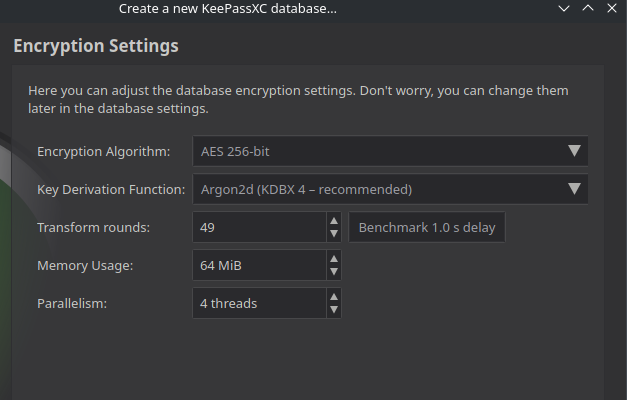this post was submitted on 16 Jul 2023
12 points (100.0% liked)
Cybersecurity
5626 readers
96 users here now
c/cybersecurity is a community centered on the cybersecurity and information security profession. You can come here to discuss news, post something interesting, or just chat with others.
THE RULES
Instance Rules
- Be respectful. Everyone should feel welcome here.
- No bigotry - including racism, sexism, ableism, homophobia, transphobia, or xenophobia.
- No Ads / Spamming.
- No pornography.
Community Rules
- Idk, keep it semi-professional?
- Nothing illegal. We're all ethical here.
- Rules will be added/redefined as necessary.
If you ask someone to hack your "friends" socials you're just going to get banned so don't do that.
Learn about hacking
Other security-related communities !databreaches@lemmy.zip !netsec@lemmy.world !cybersecurity@lemmy.capebreton.social !securitynews@infosec.pub !netsec@links.hackliberty.org !cybersecurity@infosec.pub !pulse_of_truth@infosec.pub
Notable mention to !cybersecuritymemes@lemmy.world
founded 1 year ago
MODERATORS
you are viewing a single comment's thread
view the rest of the comments
view the rest of the comments

I don't know anything specifically about KeePassXC but it's my understanding that a transform round is some computationally expensive task that can be preformed as many times as desired, but must be preformed the same number of times to decrypt as well. The point being to slow down any attempts at brute forcing access to you database if someone gets a hold of your encrypted DB file. For example say it takes one second to derive the proper DB access key from the password you entered to unlock the app, that doesn't really matter to you logging in as almost no one is going to notice a one second delay in logging in. But if some one else gets a hold of your encrypted password DB then they have to wait one second for every password they try, making brute forcing the DB file practically impossible given you've chosen an adequate password.
Ideally you'd choose something which gives a delay not too inconvenient for you when logging in, but enough to thwart the person who might try and brute force the password even if they're using more powerful hardware.